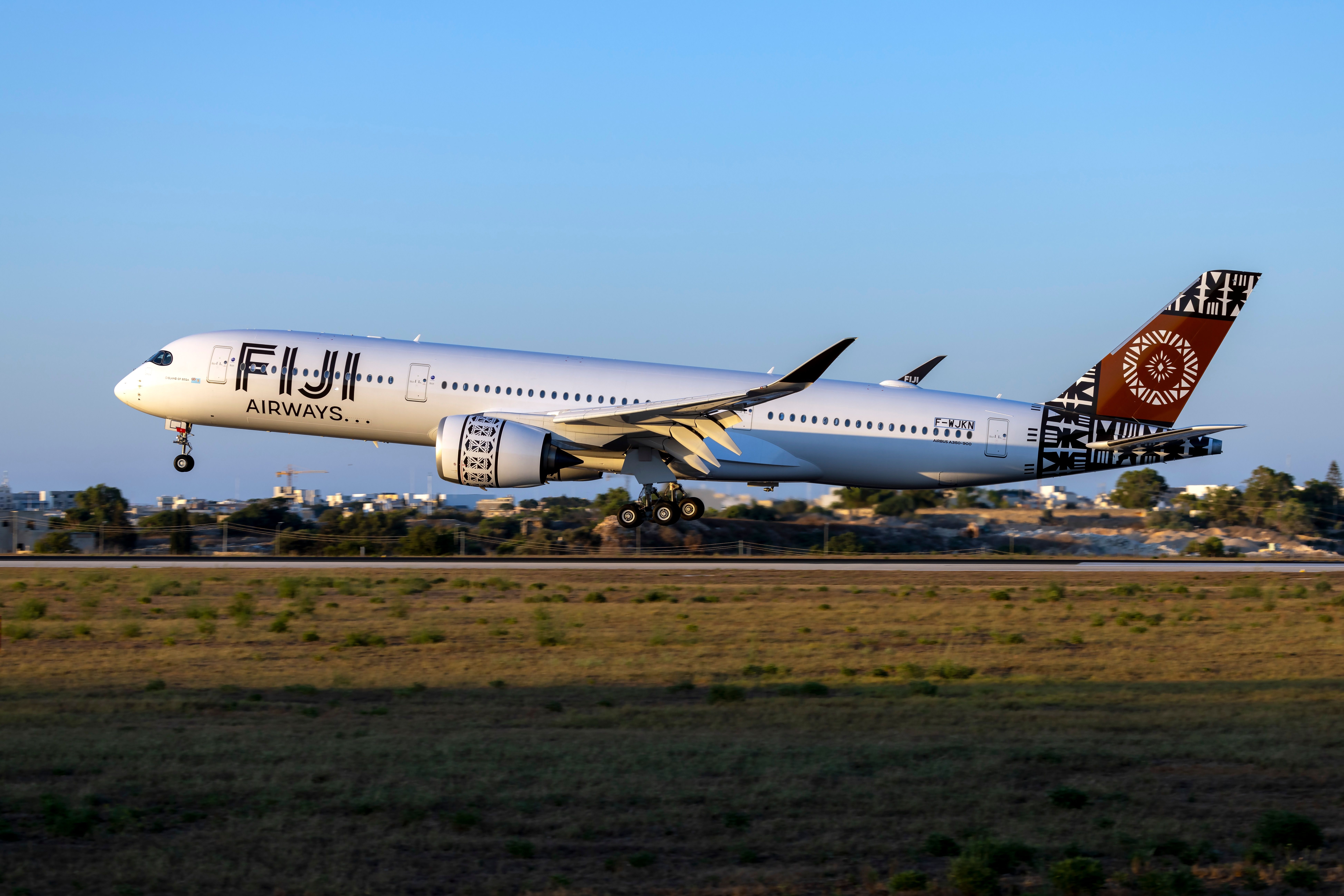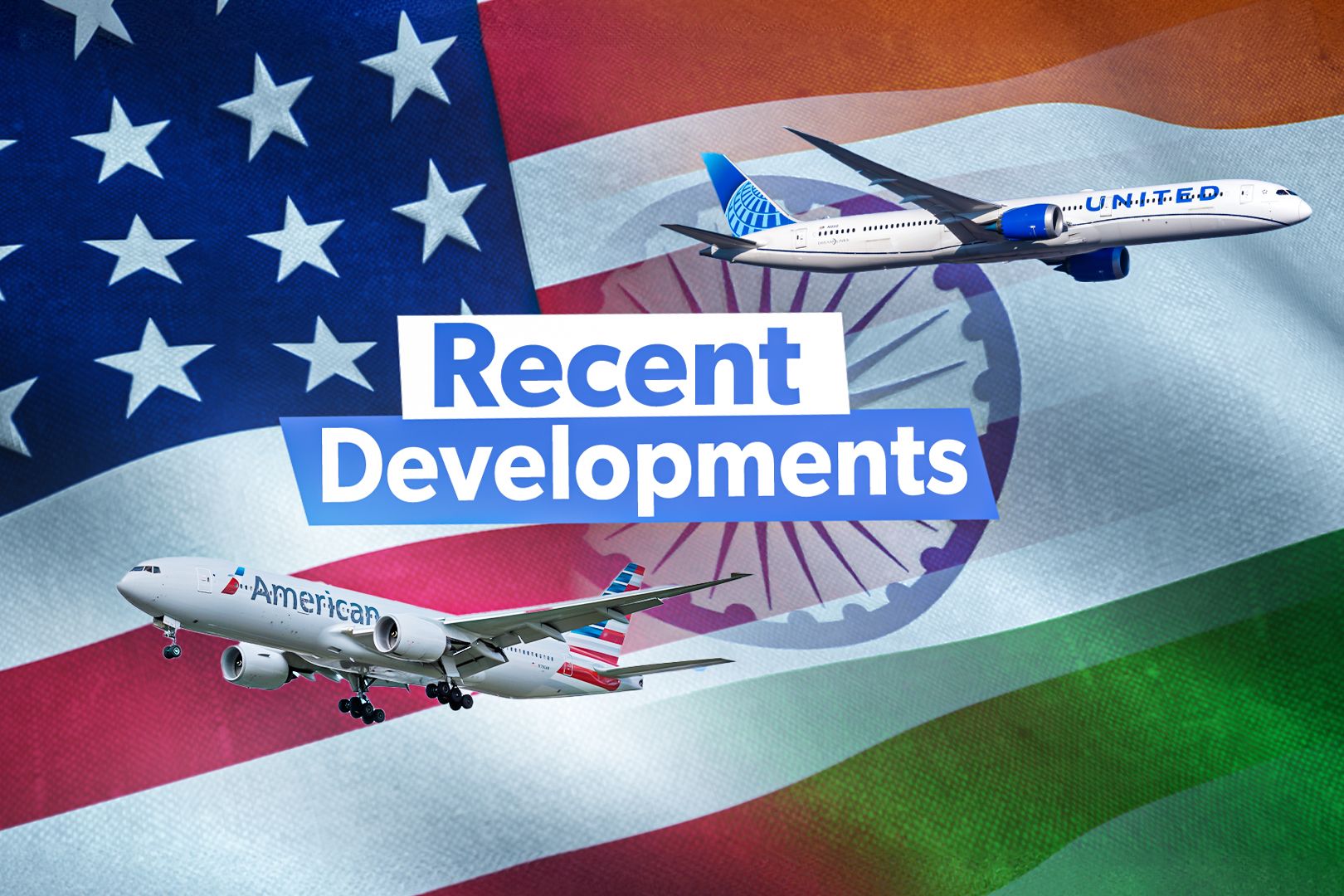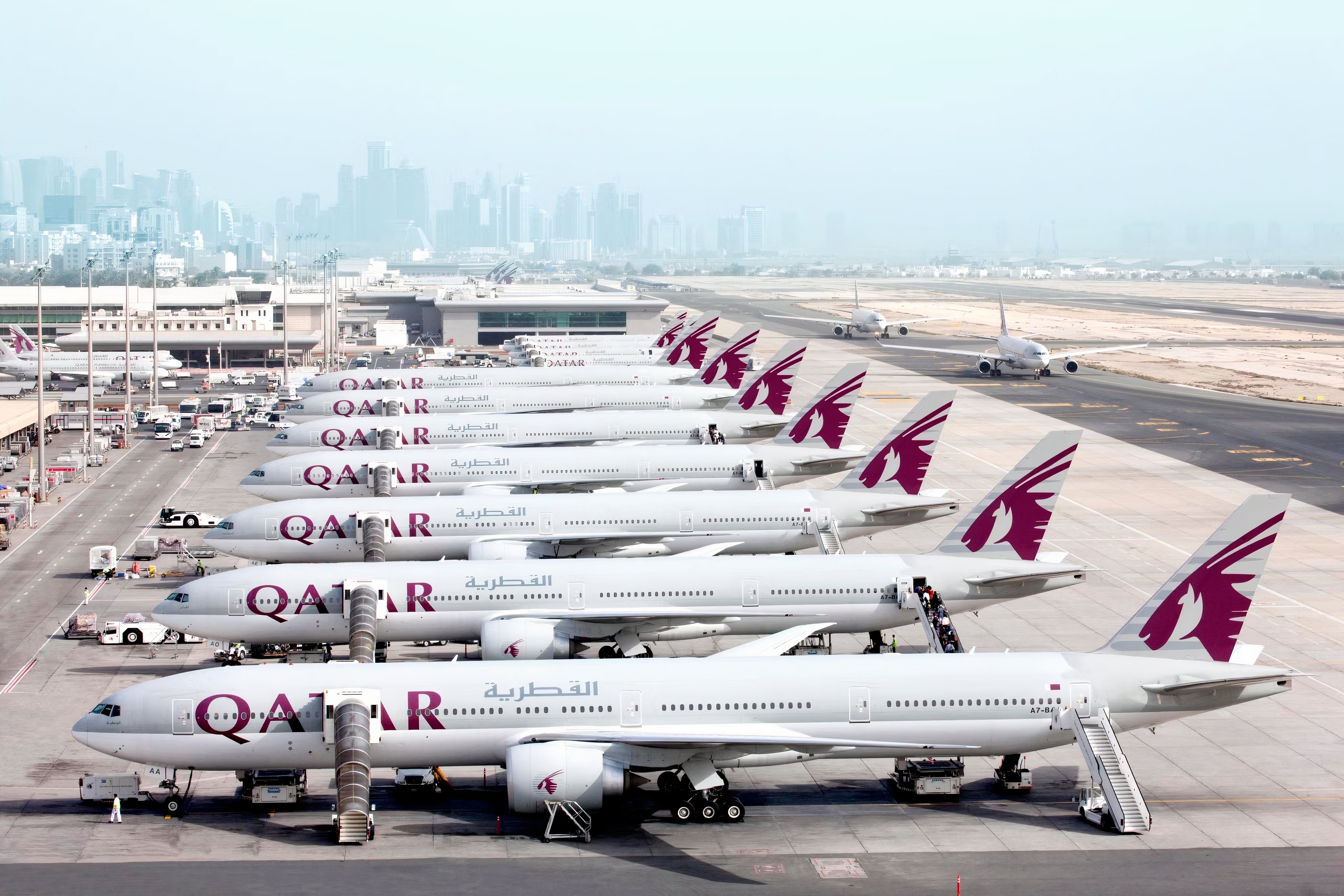Thursday, August 22, 2024 Air Canada pilots have overwhelmingly voted to authorize a strike, with 98% in favor, amid efforts to secure wage increases and contract improvements. Represented by the Air Line Pilots Association, the over 5,000 pilots are pushing to narrow the wage gap with U.S.
counterparts. The move, part of broader labor unrest across various industries, could lead to significant travel disruptions if negotiations fail. However, a strike cannot occur until the current conciliation period ends, followed by a 21-day cooling-off period.

Both Air Canada and the union aim to reach an agreement to avoid chaos during peak travel times. In a decisive move that signals growing labor unrest within the airline industry, Air Canada pilots have overwhelmingly voted to authorize a strike. The vote, which saw 98% of participating members in favor of the strike authorization, reflects the strong resolve among the more than 5,000 pilots represented by the Air Line Pilots Association (ALPA).
This comes as the pilots seek to narrow the wage gap with their U.S. counterparts, who have recently secured record-breaking contracts amid a global pilot shortage and surging travel demand.
The Air Canada pilots’ vote to authorize a strike marks a significant escalation in their ongoing negotiations with the airline, which began last summer following the expiration of a decade-long contract framework. The pilots are pressing for what they describe as “historic gains,” aiming to secure wage increases and benefits that would bring them closer to the levels enjoyed by pilots at U.S.
carriers. In 2023, many U.S.
pilots secured substantial raises, benefiting from the intense demand for pilots and a booming travel industry. Charlene Hudy, the head of the local union representing Air Canada’s pilots, emphasized that while the strike authorization is a powerful tool, the union’s primary goal remains reaching a fair and modernized contract without resorting to a strike. “Our goal is to avoid a strike and our focus remains on modernizing our contract for Air Canada pilots,” Hudy said in a statement, highlighting the union’s preference for a negotiated settlement.
The Air Canada pilots’ push for better pay and conditions is part of a broader trend seen across various industries, including aerospace, construction, airline, and rail sectors. Over the past two years, unions in these sectors have been advocating for higher wages and improved benefits, driven by a tight labor market that has given workers more leverage in negotiations. The global pilot shortage, in particular, has placed pilots in a strong bargaining position, as airlines struggle to meet the soaring demand for air travel post-pandemic.
In the United States, major carriers such as Delta, United, and American Airlines have all negotiated substantial pay raises and improved contract terms for their pilots, setting a precedent that has further fueled the demands of Air Canada’s pilots. The wage disparity between U.S.
and Canadian pilots has become a focal point in the ongoing negotiations, with Canadian pilots arguing that their compensation should reflect the international nature of their work and the competitive pressures they face. While the strike authorization vote is a significant step, it does not mean that a strike is imminent. According to Air Canada, any potential strike cannot occur until the current conciliation period concludes, which will be followed by a 21-day cooling-off period.
This timeline provides a window of opportunity for further negotiations, during which both the airline and the union will likely intensify their efforts to reach an agreement. However, the prospect of a strike remains a serious concern for both Air Canada and its passengers. A strike could lead to widespread disruptions in the airline’s operations, affecting thousands of flights and potentially stranding passengers across Canada and internationally.
The timing of the vote is particularly sensitive, as the airline industry is currently experiencing a resurgence in travel demand following the easing of pandemic-related restrictions. Air Canada has expressed its commitment to continuing negotiations with the goal of reaching a collective agreement that addresses the concerns of its pilots while ensuring the airline’s operational stability. “We will continue to work towards a collective agreement,” the airline said in a statement, acknowledging the importance of maintaining labor peace while also addressing the financial realities of the airline industry.
As the conciliation period progresses, both sides will be under pressure to find common ground. The pilots’ demands for wage increases and contract modernization are set against the backdrop of an airline industry that is still recovering from the financial impacts of the COVID-19 pandemic. While travel demand has rebounded strongly, airlines continue to face challenges such as rising fuel costs, supply chain disruptions, and the need to invest in sustainability initiatives.
For the pilots, securing a contract that reflects their contributions to the airline’s success and aligns with the industry standards set by their U.S. peers is a top priority.
The union’s strong mandate for a strike authorization gives it significant leverage in the negotiations, but it also places a heavy responsibility on the leadership to balance the pilots’ demands with the need to avoid a disruptive strike. Should the negotiations fail to produce a satisfactory agreement, the union could move forward with a strike, a decision that would have far-reaching implications for Air Canada’s operations and its passengers. Conversely, a negotiated settlement could serve as a model for other Canadian airlines facing similar labor challenges.
The overwhelming vote by Air Canada pilots to authorize a strike marks a critical juncture in the ongoing labor negotiations between the airline and its pilots. With the potential for significant disruptions looming, both parties are likely to intensify their efforts to reach an agreement that addresses the pilots’ demands for fair compensation and contract modernization. As the situation unfolds, the broader aviation industry will be watching closely, as the outcome of these negotiations could set the tone for labor relations in Canada’s airline sector in the years to come.
For now, passengers, pilots, and the airline itself await the next steps in what could be a pivotal moment for Air Canada..



















